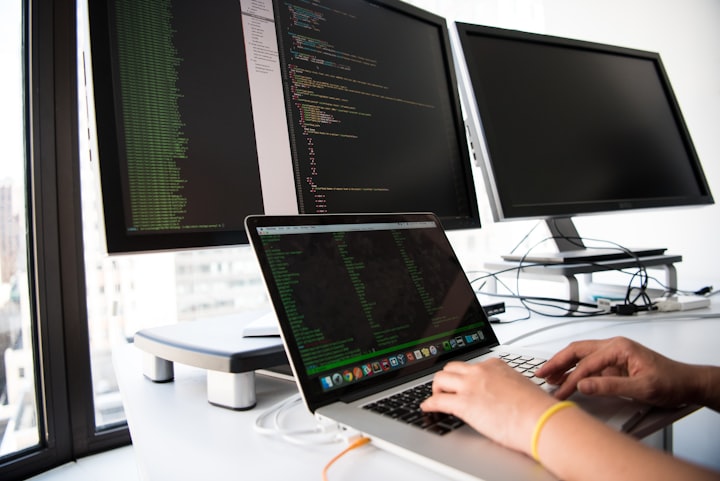9 Steps to Keep Your Computer Safe from Cyber Threats
Be safe surfing the internet.

Our reliance on online technology and web software has also made us highly vulnerable to cyber-attacks. A computer virus can easily drain us financially and emotionally. In fact, cyber crimes are growing in sophistication and cost, and it is the biggest challenge that humanity can face in the coming decades.
To counter these threats, software security engineering is finding solutions and innovative techniques to safeguard the interests of corporations. Despite the efforts of software engineers, hackers are able to find vulnerabilities due to inter-connected networks and negligence of employees.
Before you or your employees fall victim to hackers, here are nine steps you can take to protect yourself when browsing the Internet.
Keep your antivirus updated.
One of the fundamental aspects of website security is a good antivirus and anti-spyware that can help protect your computer from online threats. Once you are on the internet, Trojans, spyware and other malicious software are often downloaded unintentionally.
Accordingly, you should also keep your software updated so it may detect newer types of viruses that can often cause irreversible damage. While browsing the internet, updated software will also alert you about any dangers, and get rid of the infection, quickly.
Don't use the same password.
A good practice is not to use the same password on your email accounts, social networks, PayPal and bank accounts. A password leak means that another person could easily steal all of your accounts.
To avoid this, use software that can generate an automated password or use password generators on the Google Chrome browser to remember large numbers of important passwords.
Don't click on anonymous links.
Nowadays, it's very common for someone to send links for a bonus, lottery tickets, and other rewards. Mostly, these links are shared on social media by someone you know. Don't click on these links because some of them are known to infect computers and make them unresponsive.
Don't download suspicious files.
Be careful when downloading attachments from emails sent from anonymous sources. Often, attachments from unknown sources contain a potent virus that can freeze your computer. If you are using a business computer or you're dealing with sensitive data, never use P2P networks as these networks are some of the leading causes of cyber-attacks.
Check the security of your wi-fi networks.
Wireless or wireless networks have become an important target of hackers due to their vulnerability. A reliable company will always use multiple protective layers for their wi-fi, which makes it difficult for hackers to gain access to your computer. When in doubt, ask your wi-fi provider to clarify their safety procedures.
Be careful using file hosting service.
File hosting companies, particularly using cloud-based technology, are also susceptible to hacking. Instead of storing important copies of your files online, it's always better to use a physical backup device. It's important because your computer is most vulnerable when sharing data with a remote online source.
Don't give personal information to strangers.
It seems obvious, but sometimes you can do it without your knowledge. A fake email link; an online store that does not really exist; or a website that asks for a phone number is a potential gateway to your computer.
Also, don't subscribe to everything that you see on the internet. If the sender does not follow stringent web safety parameters, you will increase your chances of infecting your computer due to regular emails that you get from such subscription channels.
Protect yourself from phishing.
If you ever get an email from your bank asking you to update your personal information, use caution. Often, it's a trick to steal private information such as your account number and password. Hackers always use the same logo as that of a bank and the request comes from a server similar to the bank's server. If you ever need to update your personal information, it makes sense of visiting the bank, in person.
Make a corporate security policy.
Even if you run a very small company, there should be safety procedures to follow. Design guidelines and best practices for your employees to follow. It may be interesting to know that the majority of well-known identity thefts were the results of hackers getting access to an employee's personal computer. As computers are often inter-linked by a local network, stealing data from any computer that is linked to a network is a breeze.
Conclusion
Hopefully, these important steps will help you protect yourself and your company from hacking attempts. Remember, hackers cannot penetrate your computer and networks if you don't expose your vulnerabilities. Just make sure that you are more vigilant and proactive in tackling potential threats before the damage becomes irreversible.
About the Creator
Paisley Hansen
Paisley Hansen is a freelance writer and expert in health, fitness, beauty, and fashion. When she isn’t writing she can usually be found reading a good book or hitting the gym.






Comments
There are no comments for this story
Be the first to respond and start the conversation.